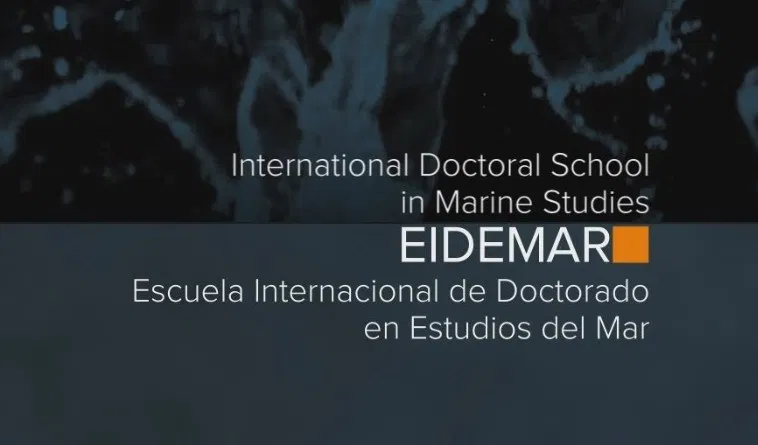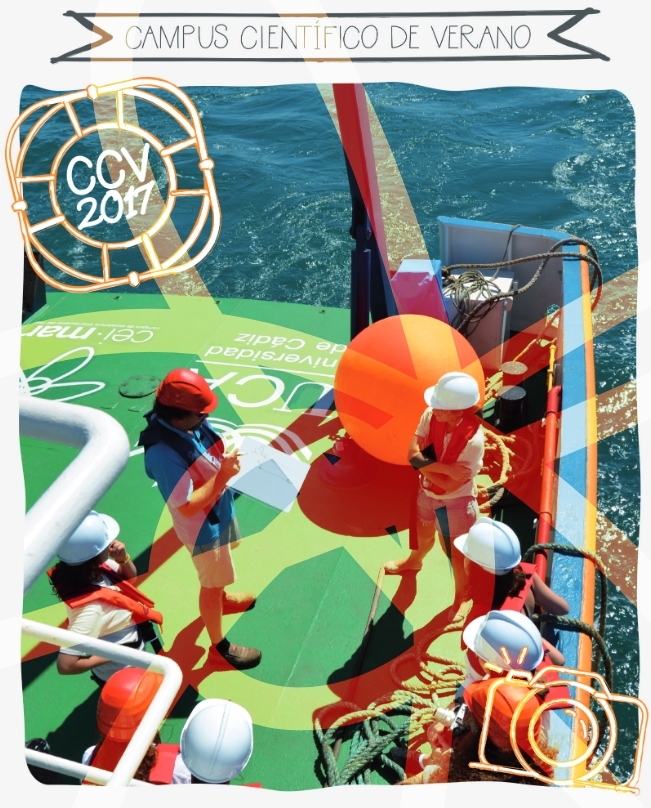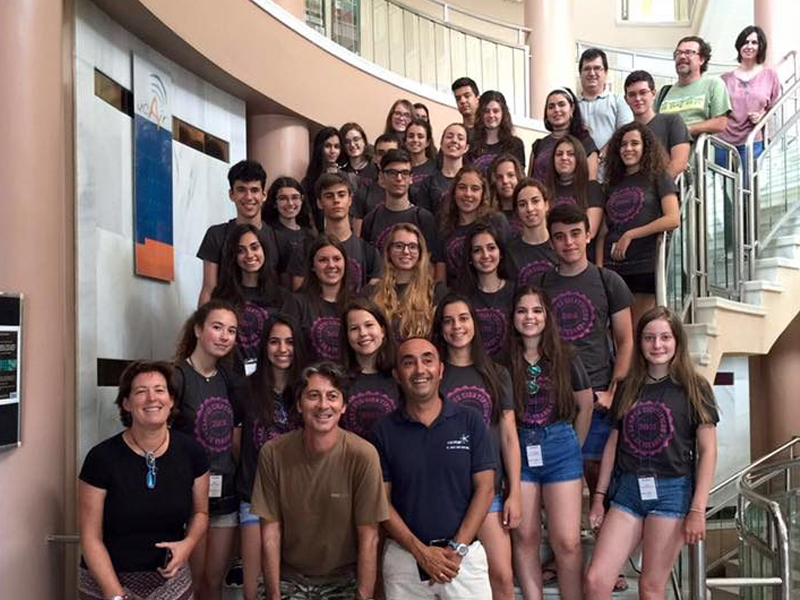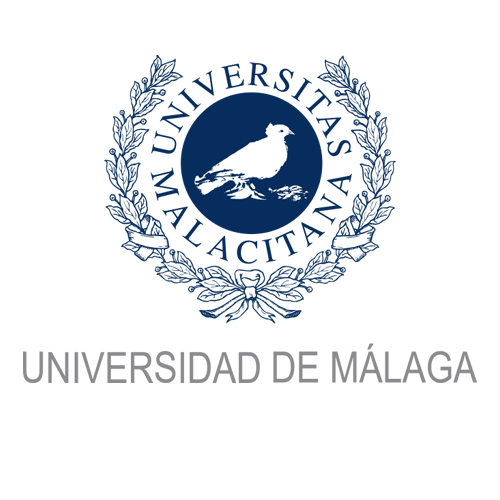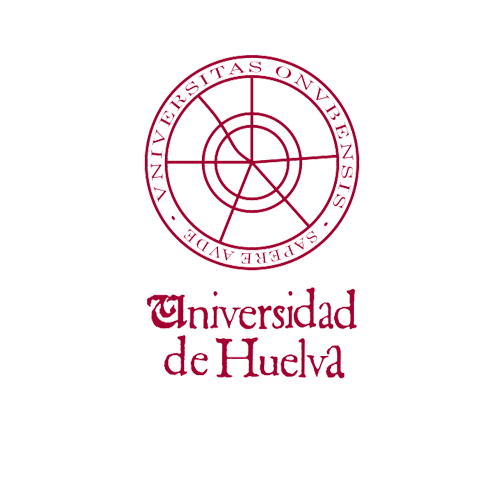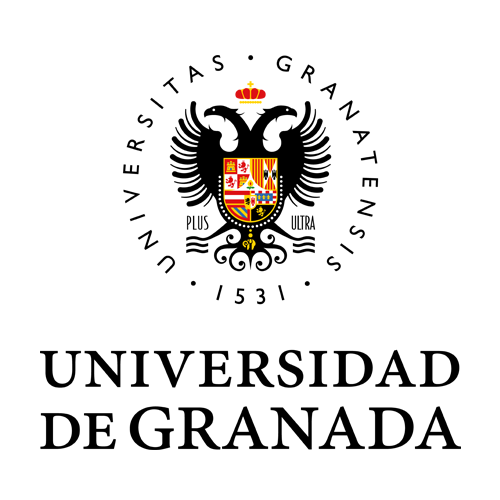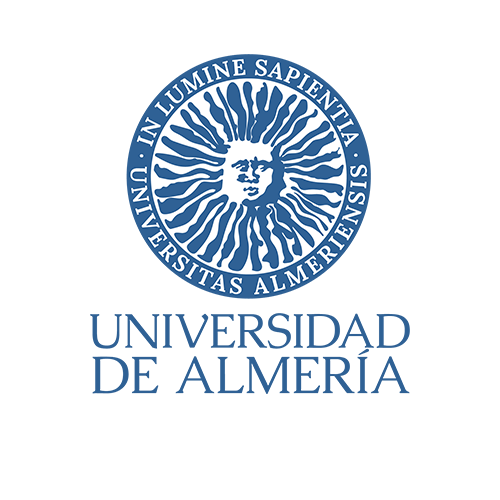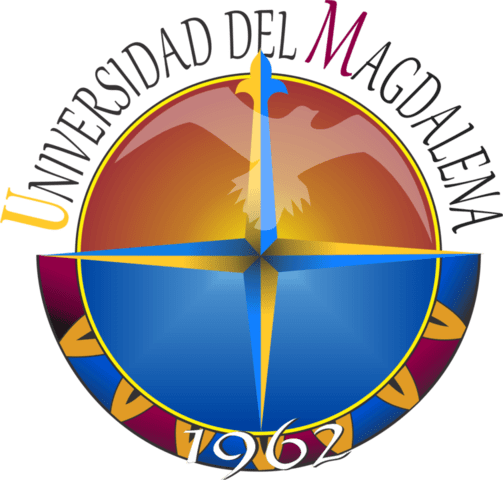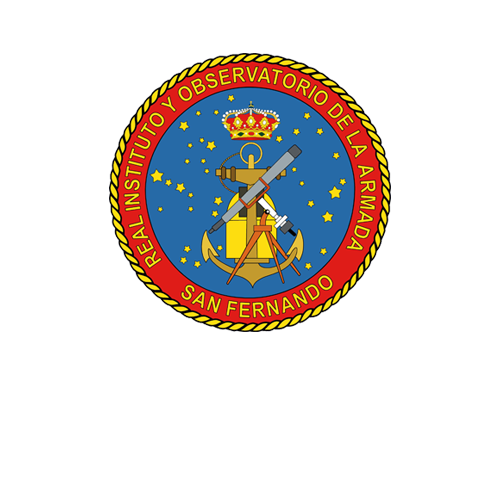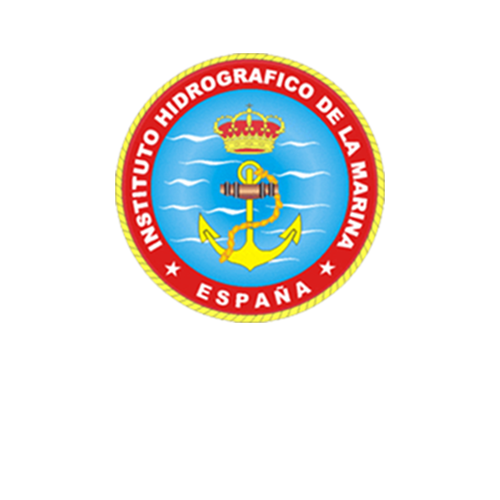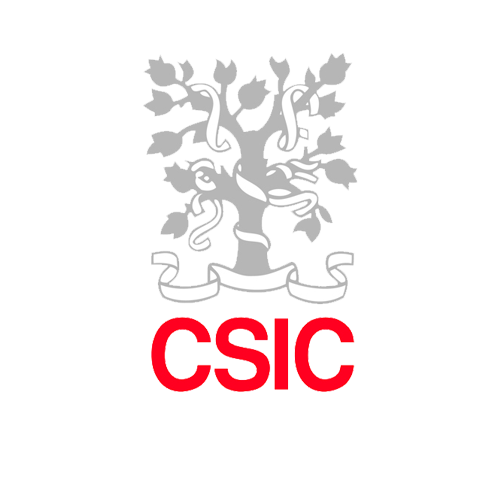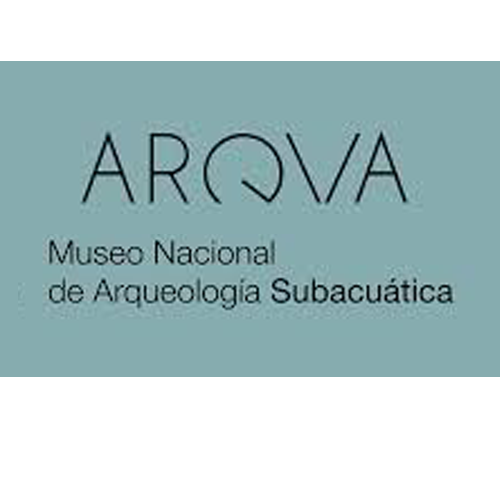30 young people attended the reception in the third week of July. A total of 120 secondary school students from different Spanish schools in Cadiz completed their marine scientific projects sponsored by La Caixa.
The rector of the University of Cadiz and president of the Campus Foundation of International Excellence of the Sea (CEI · Mar), Eduardo Gonzalez Mazo, accompanied by the technical coordinator of the CEI · Mar and General Director of Research of the UCA, Javier Benavente, and by the head teacher, has welcomed at the rectory to students participating in the I Summer Science Campus CEI · Mar, an initiative of the Spanish Foundation for Science and Technology (FECYT) and the Ministry of Education, Culture and Sport, which has the support of Obra Social La Caixa. It is the first time the CEI · Mar manages to participate in this call and get your organization as a coordinating body with the UCA.
On this occasion, thirty young people have enrolled in the third week of Campus. The UCA hosts a total of 120 students from different Spanish schools throughout the month of July. Participate in four scientific projects, which are involved more than 20 university teachers on Marine Biodiversity of our coasts, you know the Salinas: «micro» to «macro» Introduction to Oceanographic Research and Aquaculture and its environment, They developed in laboratories and research facilities affiliated to the Campus of International Excellence of the Sea and Marine research Laboratory (Labimar), the Central Services Mariculture research at the University of Cadiz and the oceanographic vessel UCADIZ.
González Mazo has explained that he had «very interested» in knowing, as it is its first edition and is living with great enthusiasm from the organization. It is a «great opportunity» to hold «direct contact with the largest Scientific Campus del Mar» where «you are going to make the best of CEI · Sea from its facilities and services to its personnel responsible». He has encouraged them to «seize the time and that preguntéis all», as well as consider marine-maritime university studies in their future.
This Summer Science Campus is committed to promoting scientific vocations and for this reason, offers its participants discover the daily work of researchers in a university environment, which will help to define its projection of future studies. They can also enjoy complimentary leisure activities that allow them to know the city and its surroundings.
High school students enjoy in Cádiz five days of contact with scientific research through its active participation in one of these projects scientific approach. Each will have a total of seven or eight participants simultaneously, as the student stays will be held in four shifts.
Know in depth the sea and its environment
In the first, students perform various activities in the Labimar, located in the Castle of San Sebastian. The objective of this project is to introduce students to the vast wealth of marine species and habitats that exist in the environment of the Bay of Cadiz, as well as the diversity of processes occurring in this area. To do this, they will be held workshops where theoretical introductory sessions will be combined with field trips (Santibanez, La Caleta …) and laboratory sessions, which will be discovered and explored the main marine ecosystems of the Bay.
Meanwhile, the project Meet the Salinas: «micro» to «macro» will focus on discover and know this space managed by man for millennia and is crucial for the maintenance of many bird populations before the current global change scenario. In addition, they present the potential of the salt as photobioreactors facilities, an innovative idea that is planning the University of Cadiz. Transversely to this goal, students will discover the biodiversity and communities associated with different saline environments and become familiar with microalgae and their applications.
The third block designed from the CEI · Sea and the UCA, the titled Introduction to Oceanographic Research, will teach how a research project oceanographic type is developed by applying the methodologies that scientists currently use on board the research vessel as UCADIZ or by scuba diving. To do this, the activity includes the completion of several workshops that will take place in chronological order, following the same pattern as in research: establishment of a hypothesis, sample collection, sample processing, data analysis and discussion and presentation conclusions.
Finally, Aquaculture and its environment, the project will help these young students to make contact with an aquaculture facility (specifically with Central Services Research Mariculture University of Cádiz) and know the equipment, methodology and good practices of a plant of this type. They were also shown in a playful but rigorous the usefulness of this activity not only for the productive sector, but also for teaching and research, and will be asked to perform a complete experimental design with obtaining results and preparation of a report end to be presented in written and oral form, as a specific application of the scientific method.



